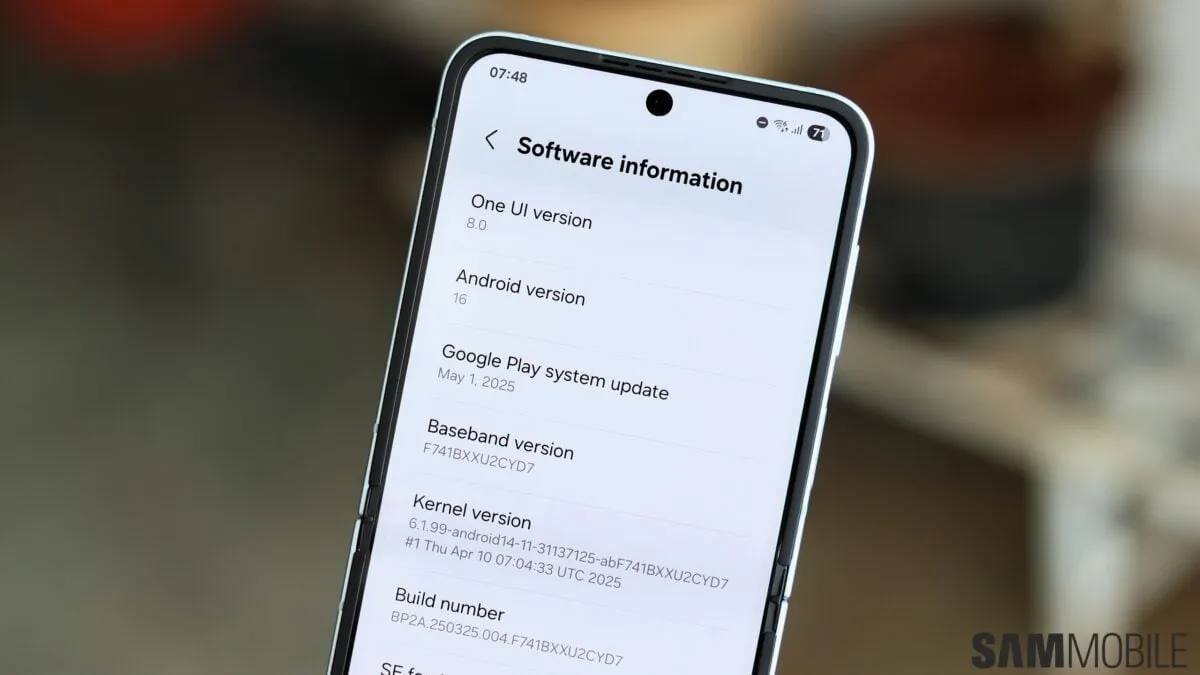
As many users prepare to get their Trinity Audio player ready, it's essential to understand the implications of software modifications on mobile devices, particularly for Samsung Galaxy owners. While the majority of Samsung Galaxy device users do not delve into the intricacies of their software, there exists a vibrant community of Android enthusiasts who are passionate about rooting devices and unlocking bootloaders to run custom ROMs and kernels.
Historically, Samsung devices outside the United States have allowed users to unlock their bootloaders. However, recent findings indicate that the introduction of One UI 8 has resulted in significant changes to this practice. A new report has surfaced, revealing that the option to unlock the bootloader has been removed in the beta builds of the Galaxy S25 running One UI 8.
This change is particularly noteworthy, as it affects not only beta testers but also confirmed variations on devices such as the Galaxy Z Fold 7 and Galaxy Z Flip 7, which are currently using stable versions of One UI 8. A thorough examination of the stable version's code has validated that the bootloader unlock option will no longer be available across all regions for devices running One UI 8.
The reaction from the enthusiast community is expected to be negative, as many users enjoy leveraging custom ROMs to extend the lifespan of their devices or utilize custom kernels to enhance performance. The removal of this feature means that users will lose the flexibility to personalize their devices extensively. Nevertheless, with Samsung now offering an impressive seven years of Android OS upgrades, one might argue that the necessity for bootloader unlocking is diminished compared to previous years.
While the removal of the bootloader unlock option in One UI 8 marks a significant shift for Samsung Galaxy users, it reflects the brand's evolving approach to software security and user experience. As the landscape of mobile technology continues to advance, users will need to adapt, balancing their desire for customization against the benefits of long-term software support.